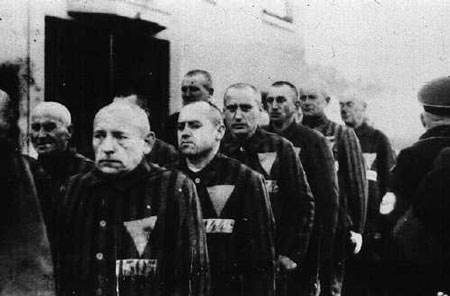

“Come to the cabaret ...”
I watched the movie Cabaret when I was in high school under adult supervision (I guess it was beyond my parents to figure out that Sally Bowles was not at all judgmental about her gay friends).
The I graduated in college to the gender bending Victor, Victoria, much of which takes place in nightclubs/gay bars which seem to be pretty much be synonymous with cabarets.
Live entertainment … torchy songs around the piano … lamps with shades on the tables … people smoking … all dressed up in evening gowns and tuxedos …. scenes that were also commonplace in mainstream Hollywood movies of the 30s and 40s, except in those movies, they were pretty much heterosexual, though the usual sultry contralto (low, almost masculine) voice of the lead female singer singing songs usually about elusive romance and hidden passions and perhaps a “sissy” waiter hinted at gender bending.
When I first came out in the eighties, there was a big gay bar that I guess you could also call a cabaret in Chicago, called Gentry. It was rumored to be the place to pick up a rich husband. Now, apparently, such places were not at all uncommon in Chicago, strictly gay cabarets often featuring drag performers, as far back as the 1930s.
According to Lucinda Fleeson in an article called “The Gay 30s,” there was place called Diamond Lil's, at 909 North Rush Street (get the reference to Mae West?), that was so popular people ended up being turned away. And the high society people flocked to those places; the Chicago Gray Line Sightseeing Company included gay pick up venues such as Bughouse Square in front of the Newberry Library as part of its package, appealing to the allure of what is strange, different, “queer.”
Yes, Chicago was Sin City, until mayor Edward Kelly decided to “clean up” the nightlife, and the moral panic of 1936 (everyone was a potential sex predator; remember the 1980s Satanic day care crisis? Same mentality) pretty much ended what was called “The Pansy Craze.”
Tastes have changed, and cabaret seems to have become a more specialized entertainment, not because of its audience, but because of its musical appeal. Some claim that piano bars/cabarets in general declined by the late eighties because of the popularity of electronic music, disc jockeys, bands, and even live karaoke.
 In fact, I can't think of a specifically gay cabaret in Chicago since the closing of Gentry (it tried to revive itself in Boystown after leaving the Rush Street area, but it has since closed). There's a place called Davenports in the hipster area Wicker Park which is a piano bar not specifically gay (I noticed on its schedule a gay tribute for Pride Month, focusing on gay icons of the past, but no drag acts), and Mary's Attic, a gay venue in the now heavily gay area of Andersonville often puts on cabaret acts.
In fact, I can't think of a specifically gay cabaret in Chicago since the closing of Gentry (it tried to revive itself in Boystown after leaving the Rush Street area, but it has since closed). There's a place called Davenports in the hipster area Wicker Park which is a piano bar not specifically gay (I noticed on its schedule a gay tribute for Pride Month, focusing on gay icons of the past, but no drag acts), and Mary's Attic, a gay venue in the now heavily gay area of Andersonville often puts on cabaret acts.
Perhaps the fascination with retro for these demographics might have something to do with the popularity of these venues … but tastes (and gay icons) have changed, or one might even claim, they've become more eclectic, especially for millenials who can stream practically anything in a millisecond.
Still, it's awesome to be able to find places in Chicago that keep cabaret, now taking on the status of a tradition, alive in the Chicago area.



 I know one person the above scenario happened to. He had to leave his dwelling of twenty-five years. His partner's homophobic family banned him from the funeral, and stole the burial plot. Why? He was not legally protected.
I know one person the above scenario happened to. He had to leave his dwelling of twenty-five years. His partner's homophobic family banned him from the funeral, and stole the burial plot. Why? He was not legally protected.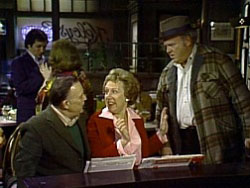
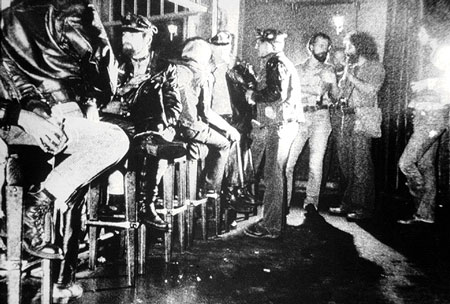
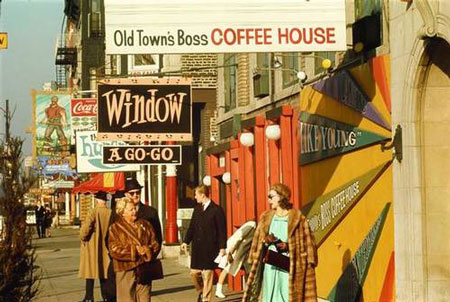
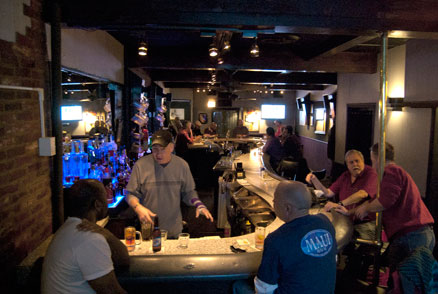


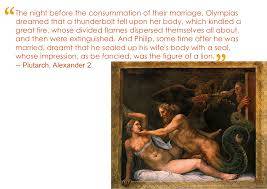 And to add a possibly Freudian twist to Alexander's relationships with both men and women, his mother, the formidable Olympias, insisted her son was the son of the king of the gods, Zeus, not her husband. Olympias later ordered Eurydice and her child by Philip II to be murdered, in order to secure Alexander's position as king of Macedonia. She did not get along with her husband, Philip of Macedon, Alexander's father, and supposedly had him murdered. That is one Greek woman who managed to wield power, but only by denying that her connection to it was via a man.
And to add a possibly Freudian twist to Alexander's relationships with both men and women, his mother, the formidable Olympias, insisted her son was the son of the king of the gods, Zeus, not her husband. Olympias later ordered Eurydice and her child by Philip II to be murdered, in order to secure Alexander's position as king of Macedonia. She did not get along with her husband, Philip of Macedon, Alexander's father, and supposedly had him murdered. That is one Greek woman who managed to wield power, but only by denying that her connection to it was via a man.
